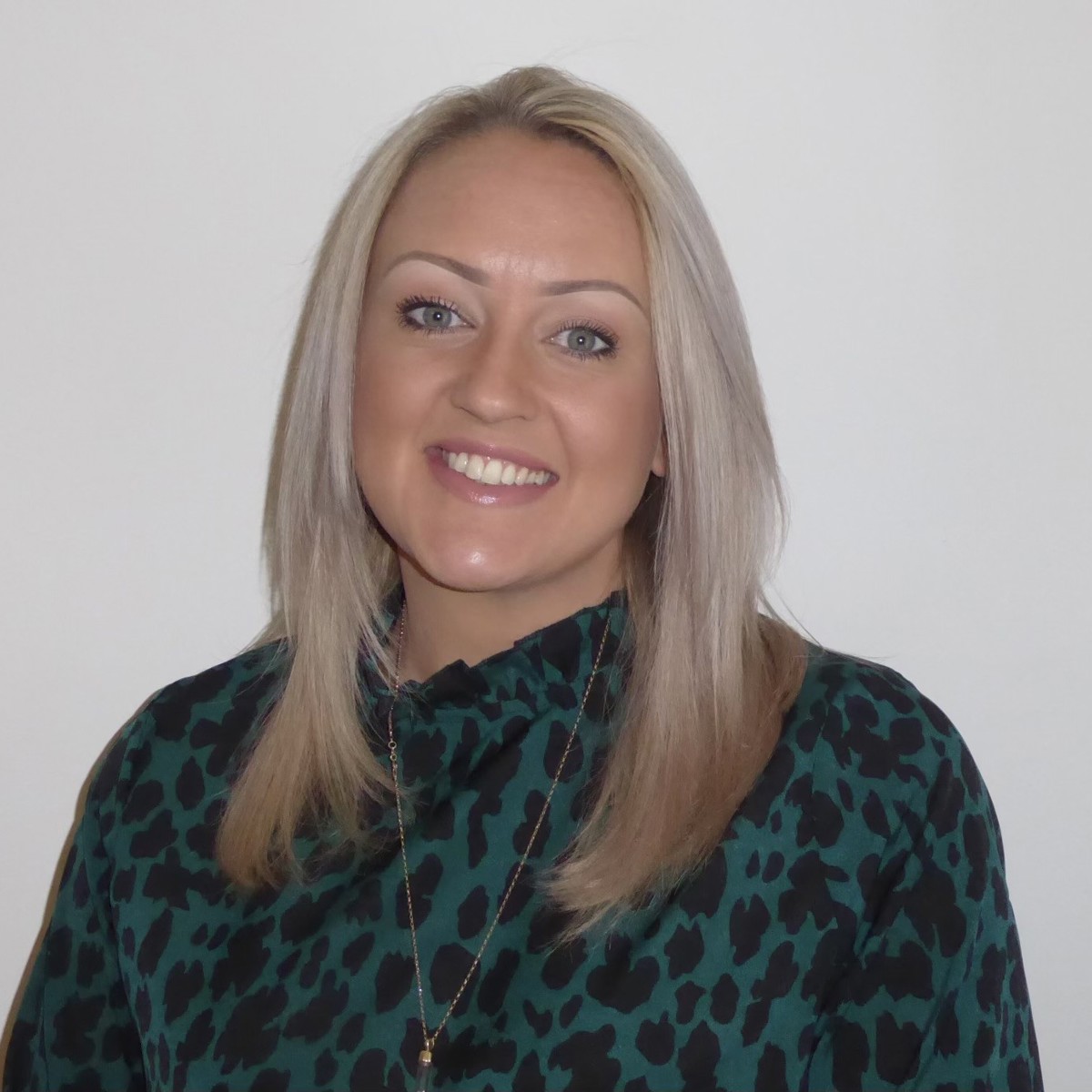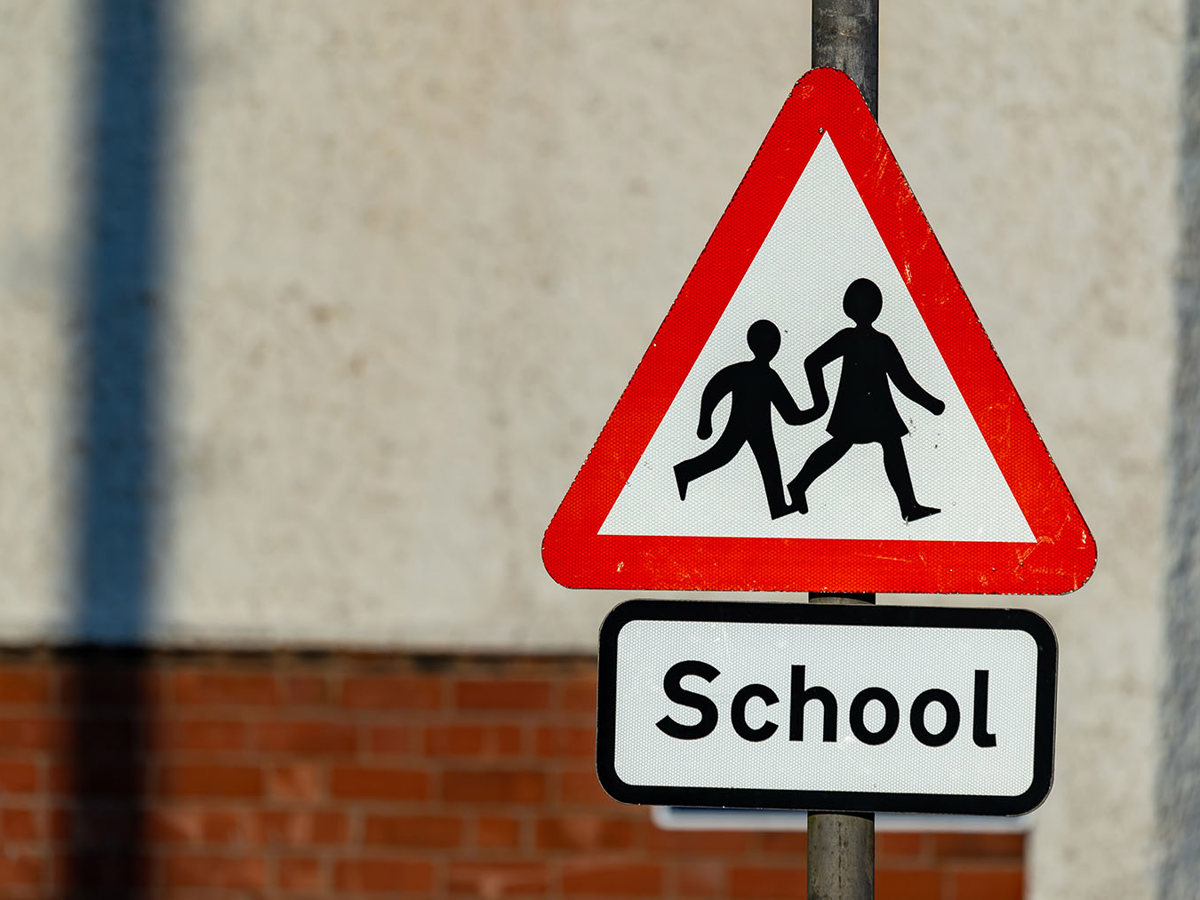Exploring children’s mental health and the art of listening
Fiona Fearon encourages governing boards to reflect on their role and that of the wider school workforce in listening to pupils.

A new YouGov survey released by Place2Be to kick off Children’s Mental Health Week 2024 found that 55% of young people said something would stop them asking for help when they are struggling with their feelings. Reasons included: feeling uncomfortable speaking to someone they do not know (29%), wanting their struggles to remain a secret (19%), being scared about their friends’ reactions (20%) and being concerned about their families’ response (16%).
That’s why the theme for this year’s Children’s Mental Health week, My Voice Matters, is so crucial. It prompts a call to action for those of us who work with children, across sectors, to listen, in whatever capacity that may be.
Culture is key
Taking a whole school approach and championing a culture of openness and dialogue around mental health and wellbeing is foundational. That culture should be woven throughout school life: the curriculum, assemblies, student councils, participation in awareness days, and of course governing board decisions. By normalising conversations about mental health across the school community, we can mitigate the stigma that so often prevents children from speaking about their individual experiences.
Empower pupils
Pupil voice is an expression of children and young people’s rights and contributes to the success and wellbeing of pupils. It promotes feelings of empowerment and agency and is a vital way to understand and meet the needs of pupils. But children express their views in different ways; some may feel comfortable taking a leadership role within a student council for example, others may feel more at ease expressing their views through creative channels, or perhaps to peer mentors.
However, having a variety of methods for pupils to express themselves is futile if they don’t feel that anyone is listening – pupil voice activities should have tangible outcomes, and feedback should be shared with pupils.
“Listen earnestly to anything your children want to tell you, no matter what. If you don’t listen eagerly to the little stuff when they are little, they won’t tell you the big stuff when they are big, because to them all of it has always been big stuff”
Catherine M Wallace
Governing board impact
Governing boards can have an impact in this space by talking to pupils on monitoring visits, inviting pupils to present at governing board meetings, attending pupil councils or action groups and receiving pupil reports. But perhaps more fundamentally, by driving a culture from the board room where pupil voice is factored into not just monitoring what is already in progress, but in making intentional decisions for the future.
Engaging directly with pupils can help governing boards to:
- understand how the vision and strategy work in practice
- remain accountable to the community it serves by being visible and transparent
- provide insights that support triangulation and effective challenge
Interrogate your data
I would argue that the most important data schools and their governing boards have at their disposal is their own local data. They should build a picture of who within their school community is at increased risk of experiencing poor mental health. This should include understanding the demographics of your school community such as ethnicity, socio-economic status, SEN status and the challenges children face that are age/school phase specific. For multi academy trust (MAT) trustees and their central team, this is likely to be across multiple communities, all with their own characteristics and needs.
Systemic challenges
While we recognise all the great work schools are doing and continue to develop, the increasingly complex challenges families face is often way beyond the remit of what the education system is built and funded for. This, of course, includes chronically underfunded support for students facing challenges with their mental health and wellbeing and those with special educational needs and disabilities (SEND).
In NGA’s manifesto for schools and trusts, From Classrooms to Communities, we are calling on the next government to make the provision of mental health support for children and young people throughout all schools and access to specialist services a priority.
A call to action
Fostering a culture where pupils’ voices are not only heard but actively sought out and valued, paves the way for a generation that is equipped to prioiritise and safeguard their mental health. So, this Children’s Mental Health Week, take the opportunity to reflect on your role and that of the wider school workforce in listening to your pupils…earnestly.
This blog is based on an article created for Place2Be's Children's Mental Health Week campaign.

Fiona Fearon
Head of Policy and Research
Fiona Fearon leads NGA’s policy and research work, ensuring that the value and voice of governance are central to policy-making and represented in national education policy discussions.



















